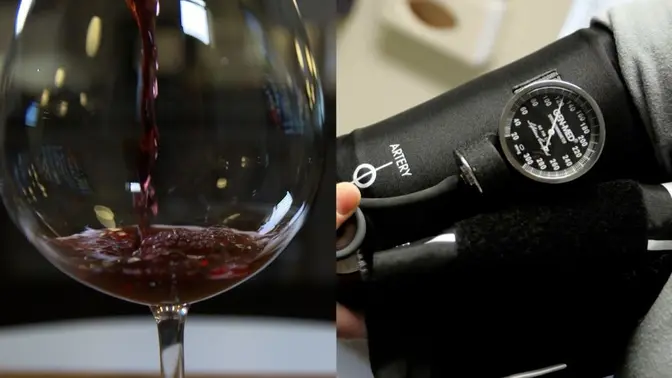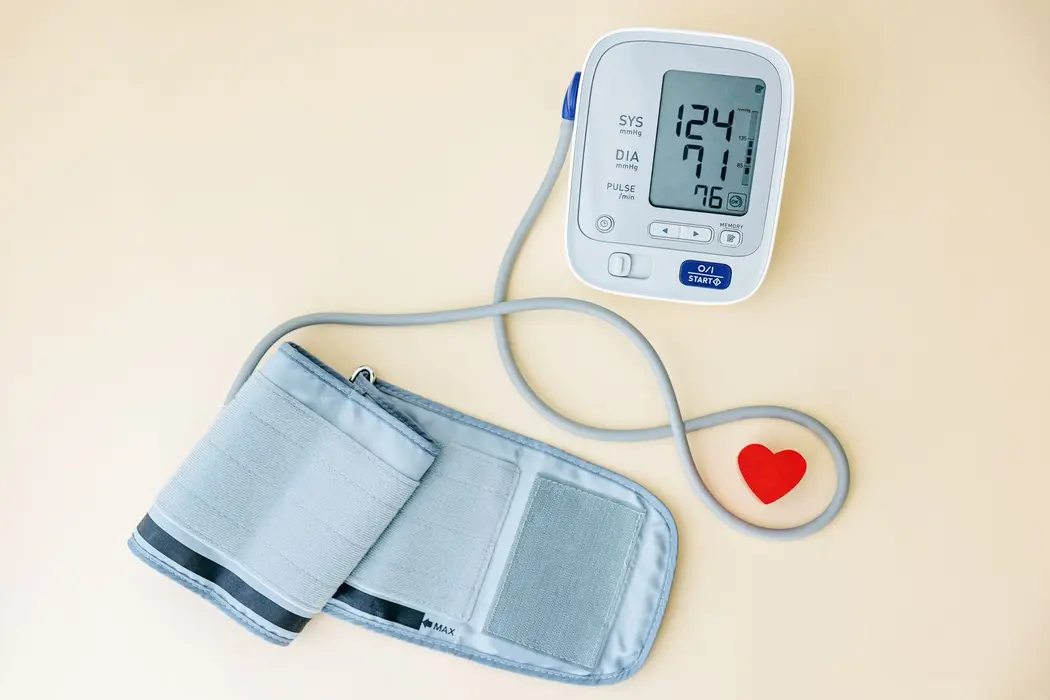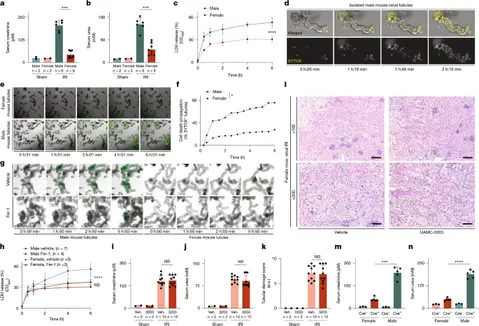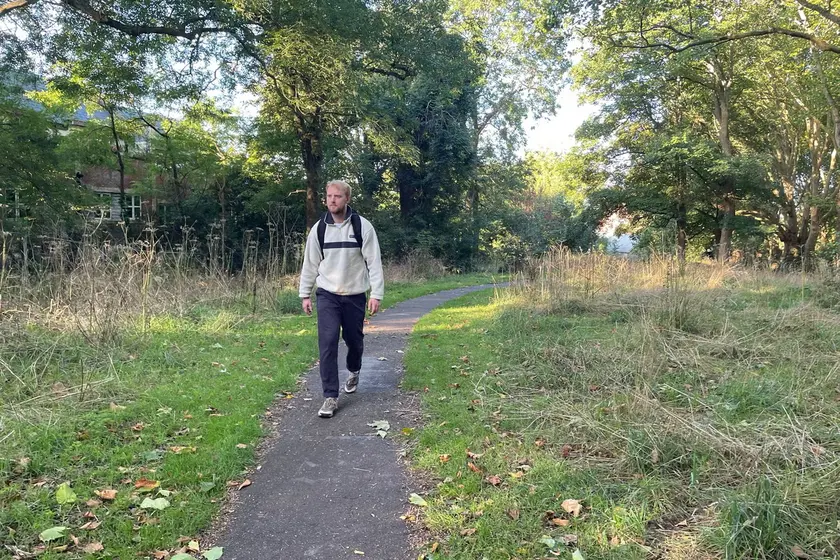T4K3.news
New blood pressure guidelines released
New guidelines push earlier treatment for high blood pressure and advise abstaining from alcohol.

New guidelines from major heart groups urge earlier treatment for high blood pressure and advise abstaining from alcohol.
New blood pressure guidelines push earlier treatment and abstinence
The latest guidelines from the American Heart Association and the American College of Cardiology lower the threshold for when doctors start treatment. For systolic blood pressure in the 130 to 139 range, clinicians should first try lifestyle changes for three to six months before starting medication. If numbers stay above goal, medication is then added. This marks a shift from the 2017 guidance, which recommended medication sooner for similar readings.
The guidelines reiterate core lifestyle tactics, including weight management, a heart-friendly diet, reduced salt, regular physical activity, and stress management. They also emphasize a stronger push on pregnancy health and dementia risk linked to high blood pressure, alongside a continued endorsement of the DASH diet and potassium-rich, low-sodium eating patterns.
Key Takeaways
"There’s a lot of individual variability with the relationship between alcohol and blood pressure, but we put forward the ideal as abstinence."
Dr. Daniel Jones discusses the alcohol recommendation in the guidelines.
"Lowering blood pressure actually helps reduce the risk for dementia."
The link between BP control and dementia risk highlighted by the guideline
"It’s hard, but it works."
Dr. Jones on the effort required for lifestyle changes
"The reality is the first line of things we recommend for both prevention and treatment of high blood pressure have to do with eating."
Quote illustrating the emphasis on diet
The move to treat earlier reflects a broader public health aim: prevent cardiovascular disease and protect brain health as research ties high blood pressure to dementia risk. Yet the plan depends on long-term behavior change in environments that make healthy choices hard, from food costs to marketing. Doctors may need more time and resources to guide patients through lifestyle changes, and payers will watch how coverage adapts to potentially more intensive counseling and weight-management options. The alcohol recommendation, while evidence-based, could face cultural and social pushback and will require clear patient communication to avoid a one-size-fits-all message.
The pregnancy and women’s health emphasis signals a recognition of specific risk profiles, but also raises questions about how guidelines translate into care across different settings. By foregrounding weight loss and obesity interventions, including medications and surgery for severe cases, the guidelines acknowledge a growing therapeutic toolkit while highlighting equity issues in access to these therapies.
Highlights
- Abstinence is the ideal for alcohol and blood pressure
- Lowering blood pressure helps protect the brain
- It’s hard but it works when you commit to change
- Eating is the first line of defense for prevention and treatment
Science evolves and so should our daily habits.
Enjoyed this? Let your friends know!
Related News

New blood pressure guidelines update

New BP guidelines released

Estrogen protects kidneys from ferroptosis

Research links bright night lights to heart issues

Apple Watch Ultra 3 Rumors Point to September Debut

New studies explore sunlight benefits for health

New heart age calculator reveals hidden risks for Americans

Body quirks draw online attention
